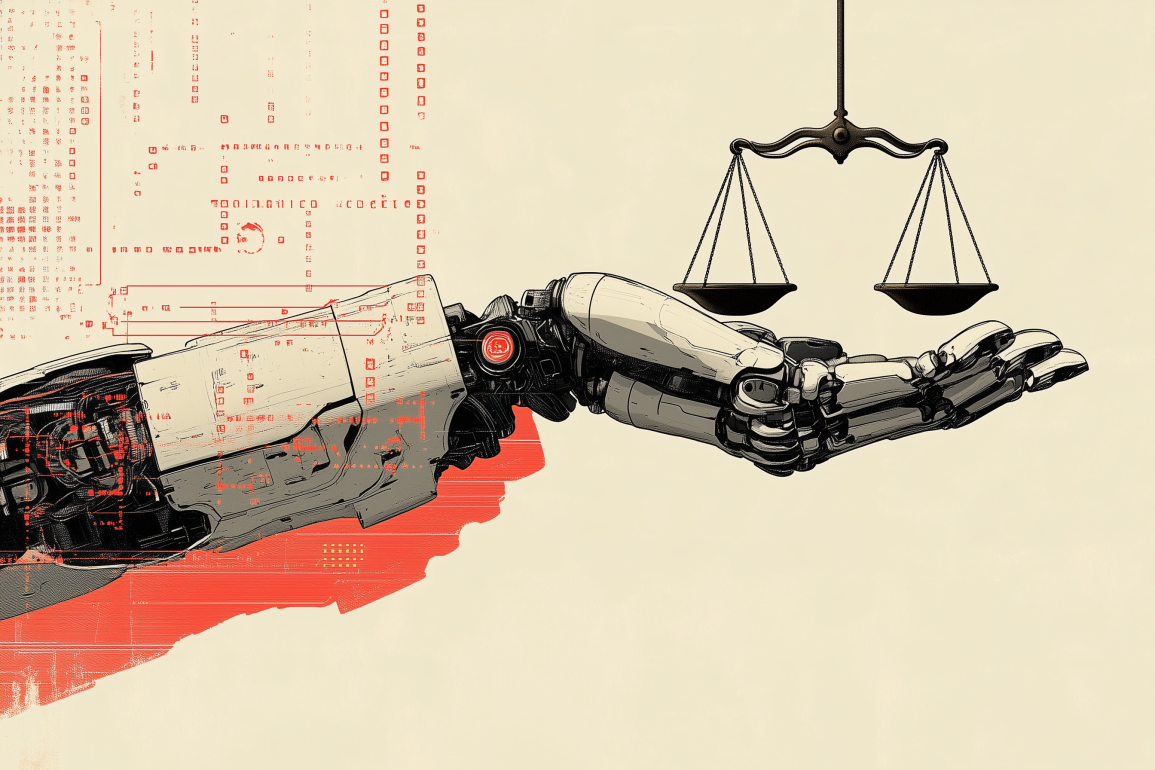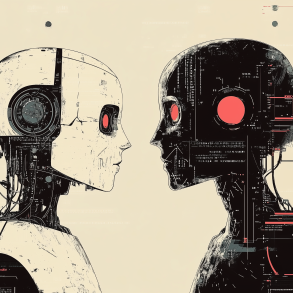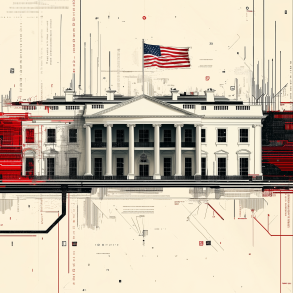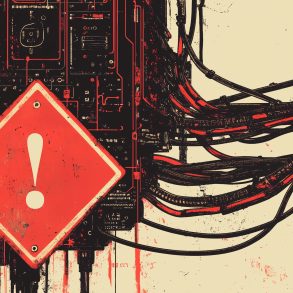HR Leaders Point to the Need for Balancing AI Augmentation with Human Problem Solving and Proactivity
Chief Human Resources Officers around the world are increasingly integrating AI into their teams and workforces, with varying levels of success. But, a “set it and forget it” approach to this new technology can lead to significant issues. Karyn Twaronite, EY’s global vice chair of diversity, equity, and inclusiveness, highlighted this perspective during Fortune’s CHRO virtual series this month, sharing a cautionary tale about AI in hiring.
Twaronite’s team was using AI to screen job applicants when the system mistakenly sent a rejection letter to a highly qualified candidate. The candidate had all the necessary skills for the role, but their resume and cover letter didn’t contain the specific keywords the AI was programmed to search for.

“AI does really require human augmentation and people to be empowered to raise their hand to say, ‘Mistake, mistake,'” Twaronite explained. “We can learn from mistakes along the way, and tech systems get it right much of the time. But great recruiters, DEI, and HR professionals can help take these systems from good to great.”
Fortunately, Twaronite’s team recognized the error and promptly reached out to the candidate to continue the hiring process, but not all companies may catch such oversights.
A report from the Society for Human Resource Management in April found that about 25% of organizations are currently using AI for HR-related tasks. Despite this adoption, a significant knowledge gap remains. The report revealed that 43% of HR leaders have little or no theoretical understanding of AI, and only 54% possess an intermediate-level grasp of the basics.
Kelley Steven-Waiss, chief transformation officer at ServiceNow, emphasized the need for accountability when it comes to the ethical use of AI. She pointed out that while technology doesn’t inherently know the difference between right and wrong, human oversight is crucial. “The role that the HR executive plays in AI strategy is serving as the conscience of the organization,” she said.

As more businesses turn to AI to streamline HR functions, ensuring that the technology is used ethically and effectively remains a priority. Human oversight and intervention are key to preventing mistakes and enhancing the value of these AI systems.









